-
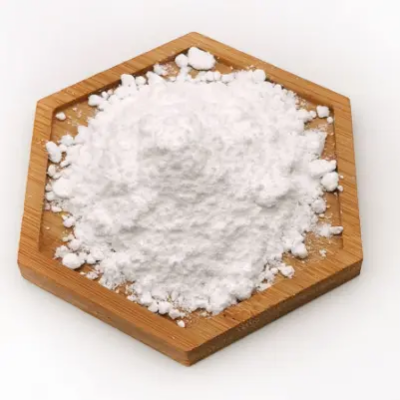
trans-2-Carbomethoxycyclohexane-1-carboxyicacidCAS:2484-60-8
trans-2-Carbomethoxycyclohexane-1-carboxyic acid is a compound with potential applications in organic synthesis and medicinal chemistry. Its unique structure and functional groups make it an interesting molecule for the development of novel compounds with diverse properties.
-
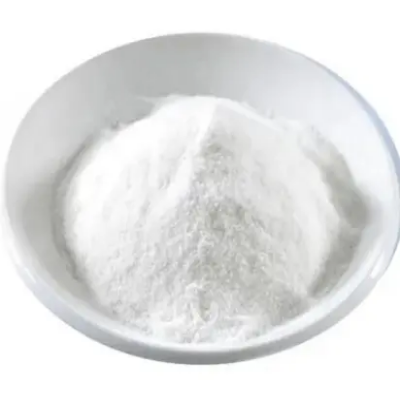
Tilmicosin CAS:108050-54-0
Tilmicosin is a veterinary antibiotic belonging to the macrolide class, primarily used in livestock, particularly in cattle and swine. It effectively treats respiratory diseases caused by certain bacteria, such as Pasteurella spp. and Mycoplasma spp. Tilmicosin works by inhibiting bacterial protein synthesis, thereby halting their growth and replication.
-
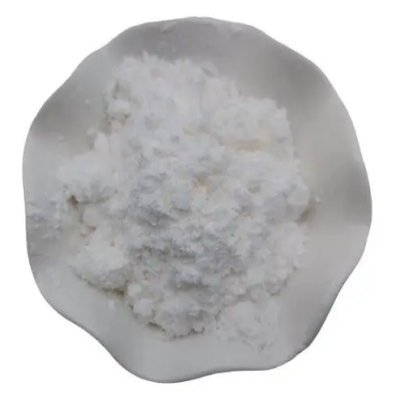
Vancomycin hydrochloride CAS:1404-93-9
Vancomycin hydrochloride is a potent antibiotic used primarily in the treatment of serious bacterial infections, particularly those caused by gram-positive bacteria resistant to other antibiotics. It belongs to the glycopeptide class of antibiotics and works by inhibiting bacterial cell wall synthesis, leading to cell death. Vancomycin hydrochloride is often considered a “last resort” antibiotic for infections that do not respond to other treatments.
-
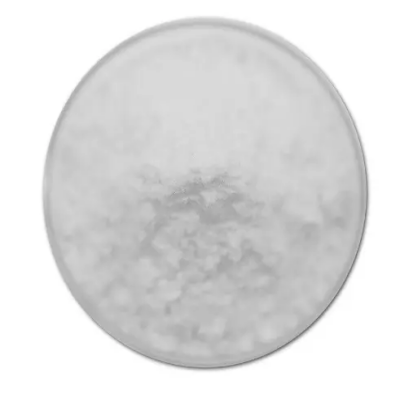
Trimethoprim CAS:3380-34-5
Trimethoprim is a synthetic antibiotic used to treat various bacterial infections, especially those affecting the urinary tract, respiratory tract, and skin. It belongs to the dihydrofolate reductase inhibitor class of antibiotics, working by blocking the production of tetrahydrofolic acid, which is essential for bacterial growth and replication. Trimethoprim is often used in combination with sulfamethoxazole, forming the potent antibiotic combination co-trimoxazole (TMP-SMX). This combination enhances the antibacterial activity and helps prevent the development of bacterial resistance.
-
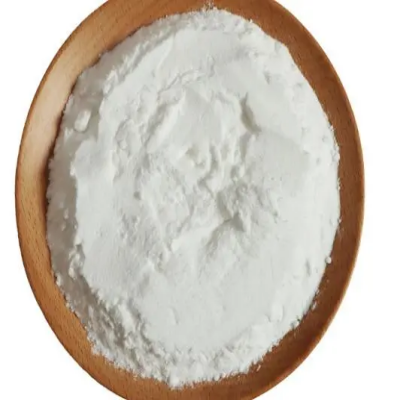
Tylosin tartrate CAS:74610-55-2
Tylosin tartrate is a veterinary antibiotic commonly used in the treatment of various infections in livestock, particularly poultry and swine. It belongs to the macrolide class of antibiotics and is effective against gram-positive bacteria, mycoplasma, and certain protozoa. Tylosin tartrate works by inhibiting bacterial protein synthesis, thereby interfering with bacterial growth and reproduction.
-
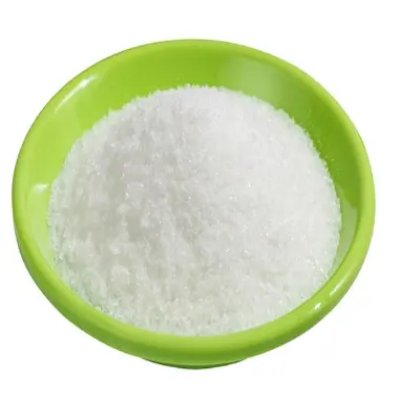
Trimethoprim CAS:738-70-5
Trimethoprim is a synthetic antibiotic used to treat various bacterial infections, especially those affecting the urinary tract, respiratory tract, and skin. It belongs to the dihydrofolate reductase inhibitor class of antibiotics, working by blocking the production of tetrahydrofolic acid, which is essential for bacterial growth and replication. Trimethoprim is often used in combination with sulfamethoxazole, forming the potent antibiotic combination co-trimoxazole (TMP-SMX). This combination enhances the antibacterial activity and helps prevent the development of bacterial resistance.
-
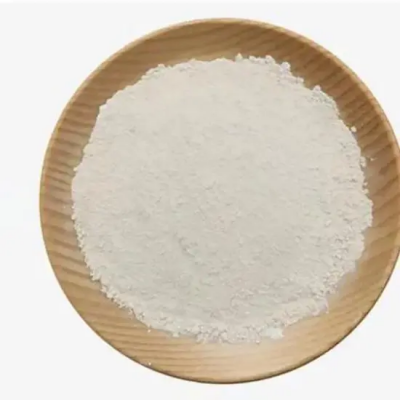
Trimethoprim lactate CAS:23256-42-0
Trimethoprim lactate is a pharmaceutical derivative of trimethoprim, an antibiotic commonly used to treat bacterial infections. Trimethoprim lactate combines the antibacterial properties of trimethoprim with the benefits of lactate salt, which can enhance solubility and bioavailability in certain formulations. This combination offers an effective treatment option for various bacterial infections susceptible to trimethoprim.
-
![tert-butyl N-{octahydrocyclopenta[c]pyrrol-5-yl}carbamate hydrochloride CAS:1780552-69-3](https://cdn.globalso.com/xindaobiotech/HSUS81DS80Y35NTEZTU160.png)
tert-butyl N-{octahydrocyclopenta[c]pyrrol-5-yl}carbamate hydrochloride CAS:1780552-69-3
tert-Butyl N-{octahydrocyclopenta[c]pyrrol-5-yl}carbamate hydrochloride is a chemical compound used in organic synthesis and pharmaceutical research. Its structural features and functional groups make it a valuable intermediate for the preparation of diverse molecules with potential biological activities.
-

Tylosin tartrate CAS:1405-54-5
Tylosin tartrate is a veterinary antibiotic commonly used in the treatment of various infections in livestock, particularly poultry and swine. It belongs to the macrolide class of antibiotics and is effective against gram-positive bacteria, mycoplasma, and certain protozoa. Tylosin tartrate works by inhibiting bacterial protein synthesis, thereby interfering with bacterial growth and reproduction.
-
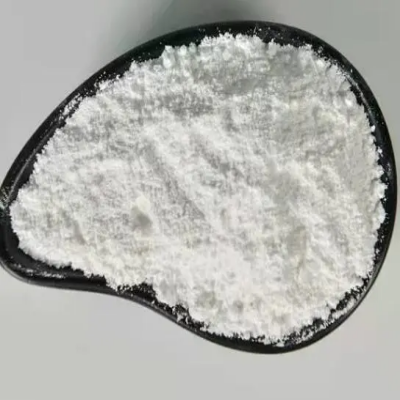
Trimethylpyruvicacid CAS:815-17-8
Trimethylpyruvic acid is a chemical compound with the molecular formula C6H10O3. It is a colorless liquid that is commonly used in various chemical and pharmaceutical applications due to its unique structure and properties.
-
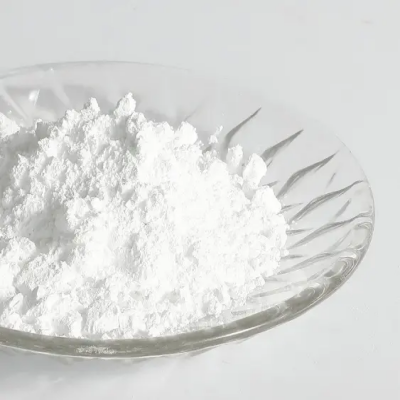
Methylnicotinate CAS:93-60-7
Methylnicotinate is a compound derived from nicotinic acid, also known as niacin or vitamin B3. It is commonly used in pharmaceuticals and skincare products due to its vasodilating properties. Methylnicotinate helps to improve blood circulation when applied topically, making it an effective ingredient in products targeting skin conditions such as poor circulation, inflammation, and aging.
-
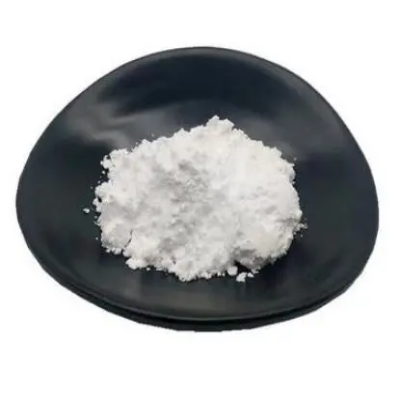
Methylisonicotinate CAS:2459-09-8
Methylisonicotinate is a chemical compound with the molecular formula C7H7NO2. It is commonly utilized in various chemical and industrial applications due to its versatile nature and functional groups.

